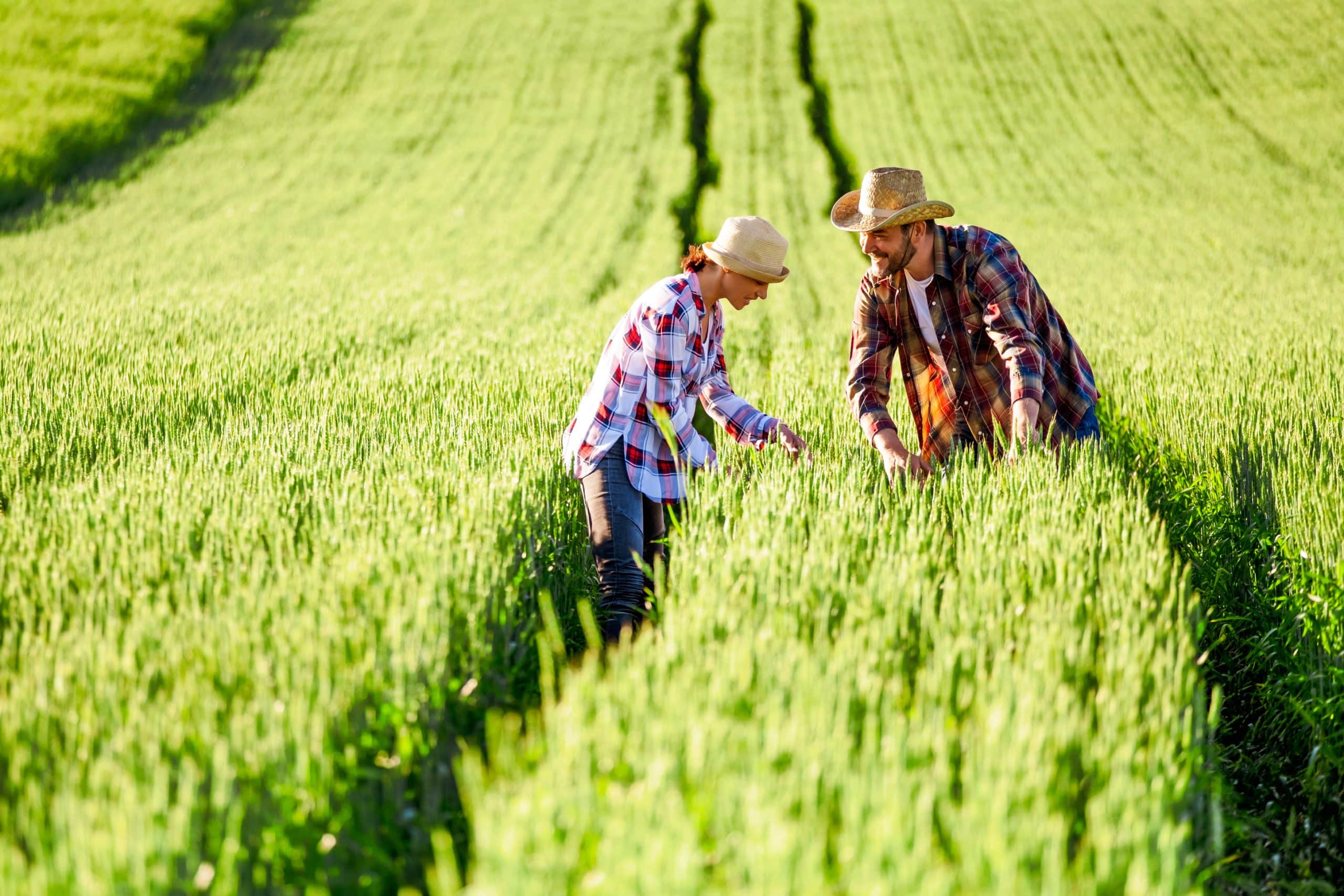How Is AI Revolutionizing Precision Agriculture for Small-Scale Farmers?

From sowing to reaping, agriculture has always been a fundamental aspect of human life. But in today’s world, it’s more than just manual labor – it’s becoming an amalgamation of traditional practices and cutting-edge technology. One such technology that is rapidly transforming the industry is artificial intelligence (AI), especially for small-scale farmers.
AI, with its far-reaching capabilities, is now playing a crucial role in precision agriculture, characterized by accurate, controlled farming practices aimed at optimizing crop production and reducing waste. This technology, coupled with other advanced practices, presents a promising future for farmers, who can now utilize data-driven insights to make smarter decisions about their crops.
Also to see : How Can Smart Shoes with GPS Tracking Improve Safety for Dementia Patients?
Understanding Precision Agriculture and Its Importance
To fully comprehend how AI is influencing precision agriculture, it’s crucial first to understand what precision agriculture is and why it’s important. Simply put, precision agriculture is a modern farming practice that uses technology to observe, measure, and respond to variability in crops. It utilizes technologies such as GPS, remote sensing, and on-the-ground sensors to collect and analyze data on weather patterns, soil conditions, crop health, and more.
Precision agriculture is essential because it enables farmers to manage their fields on a micro-scale, thereby increasing efficiency, reducing waste, and ultimately, improving crop yields and quality. Such detailed, granular management was not possible in traditional farming practices, but with the advent of advanced technologies, farmers can now address specific issues in specific areas of their fields at the right time.
Also to discover : What’s the Latest in Adaptive Learning Systems for Corporate Training Programs?
The Role of AI in Precision Agriculture
Artificial intelligence is a significant driver of precision agriculture. It’s a technology that’s capable of not only collecting and analyzing vast amounts of data but also making predictions and providing recommendations based on that data. These capabilities can be transformative for small-scale farmers, who often lack the resources and time to analyze their fields in such depth.
AI-driven algorithms can process data from various sources like weather systems, soil sensors, and even drones to provide actionable insights. For instance, an AI system can analyze data on soil moisture, temperature, and nutrient levels to determine the best time to water a crop, thereby optimizing water usage. Similarly, by analyzing weather data, AI can predict disease or pest infestations, enabling farmers to take preventive measures in time.
Overcoming Challenges with AI
The use of AI in precision agriculture is not without its challenges. Data management can be a daunting task, especially for small-scale farmers who may not have the technical skills or resources to handle large volumes of data. Implementing AI technologies can also be costly, and there’s the issue of data privacy and security to consider as well.
But these challenges are not insurmountable. Advances in AI are making these technologies more accessible and affordable for small-scale farmers. Moreover, numerous companies and startups are offering AI-driven tools and services specifically designed for farming, making it easier for farmers to adopt and use these technologies. There’s also a growing awareness and understanding of data privacy and security issues, leading to better practices and standards in this area.
Future of AI in Precision Agriculture
The future of AI in precision agriculture looks promising. As the technology continues to evolve, it’s likely to become even more integrated into farming practices, offering more precise and personalized recommendations. This could lead to even better crop management, increased yields, and reduced waste, benefiting farmers, consumers, and the environment.
Moreover, the ongoing research and development in AI could lead to new applications and uses in agriculture. For instance, AI algorithms could be used to develop new crop varieties or farming systems, or to optimize supply chains and marketing strategies. As such, the potential of AI in precision agriculture is vast and exciting.
In essence, AI is revolutionizing precision agriculture, particularly for small-scale farmers. By leveraging the power of AI, farmers can now make more informed decisions, manage their crops more efficiently, overcome challenges and look forward to a more sustainable and profitable future.
The Impact of AI on Real-Time Crop Monitoring and Irrigation Systems
Real-time crop monitoring is a significant aspect of precision agriculture, and by integrating AI into this process, small-scale farmers can now effectively track and improve the health and productivity of their crops. AI-powered systems use various data sources, such as images from drones or satellites, weather reports, and soil sensors, to monitor crops in real time. By using machine learning, these systems can identify patterns, anomalies, or changes that might not be noticeable to the naked eye.
For instance, AI can help detect early signs of plant diseases or pest infestations. This allows farmers to take immediate action, potentially saving an entire crop from devastation. Similarly, AI-driven predictive analytics can help farmers anticipate future problems or changes, such as a sudden drop in temperature or increase in rainfall, and prepare accordingly.
Moreover, AI is revolutionizing irrigation systems, one of the most critical components of farming. Traditional irrigation systems are often inefficient, resulting in water wastage. However, AI-powered irrigation systems can analyze data on soil moisture, weather conditions, and plant water requirements to optimize water use. This not only conserves water but also ensures that crops receive the ideal amount of hydration, improving their health and yields.
AI’s Role in Supply Chain Management and Future Food Security
Apart from aiding in crop monitoring and irrigation, AI is also transforming the agricultural supply chain. It plays a vital role in streamlining operations and enhancing decision-making processes. For instance, AI can analyze data on crop yields, market demand, and transportation routes to help farmers make informed decisions about when to harvest and where to sell their produce.
In addition, AI can predict future trends in supply and demand, helping farmers plan their planting schedules more effectively. It can also monitor and analyze data on storage and shipping conditions, ensuring that crops reach consumers in the best possible state. In this way, AI is not only improving efficiency in the agricultural sector but also ensuring food security.
Conclusion
In conclusion, AI is undeniably a game-changer in the world of precision farming and is particularly beneficial for small-scale farmers. From enhancing real-time crop monitoring to optimizing irrigation systems, it provides data-driven solutions that improve decision-making processes and overall farming practices. Furthermore, its impact on the supply chain promises to enhance efficiency and ensure food security.
While there are challenges associated with implementing AI in precision agriculture, these are being gradually overcome with technological advancements and a better understanding of data privacy and security. Ultimately, AI has the potential to transform the agricultural sector, making farming more efficient, sustainable, and profitable. As such, small-scale farmers stand to gain the most from this technological revolution, ushering in a new era of precision agriculture.
